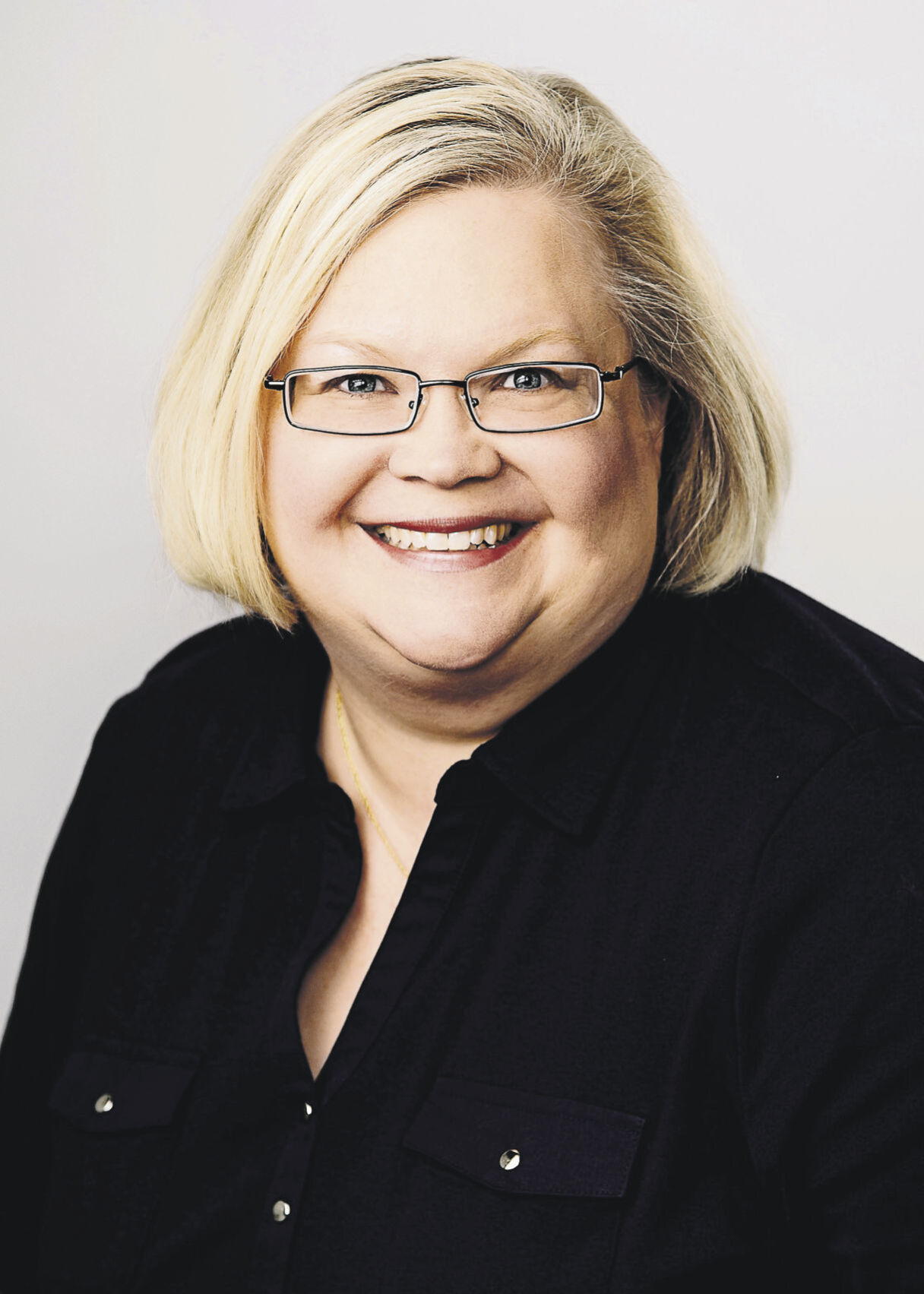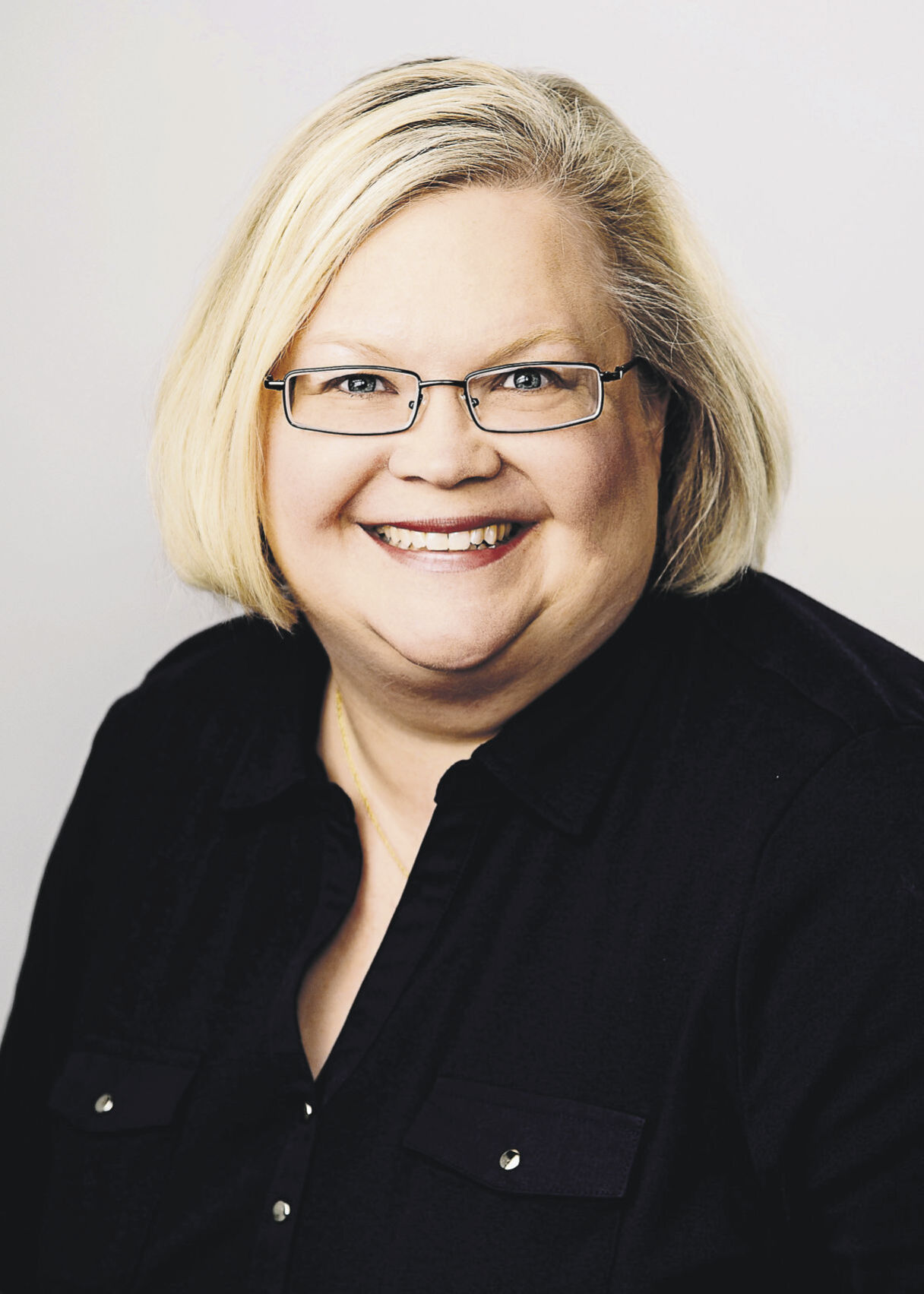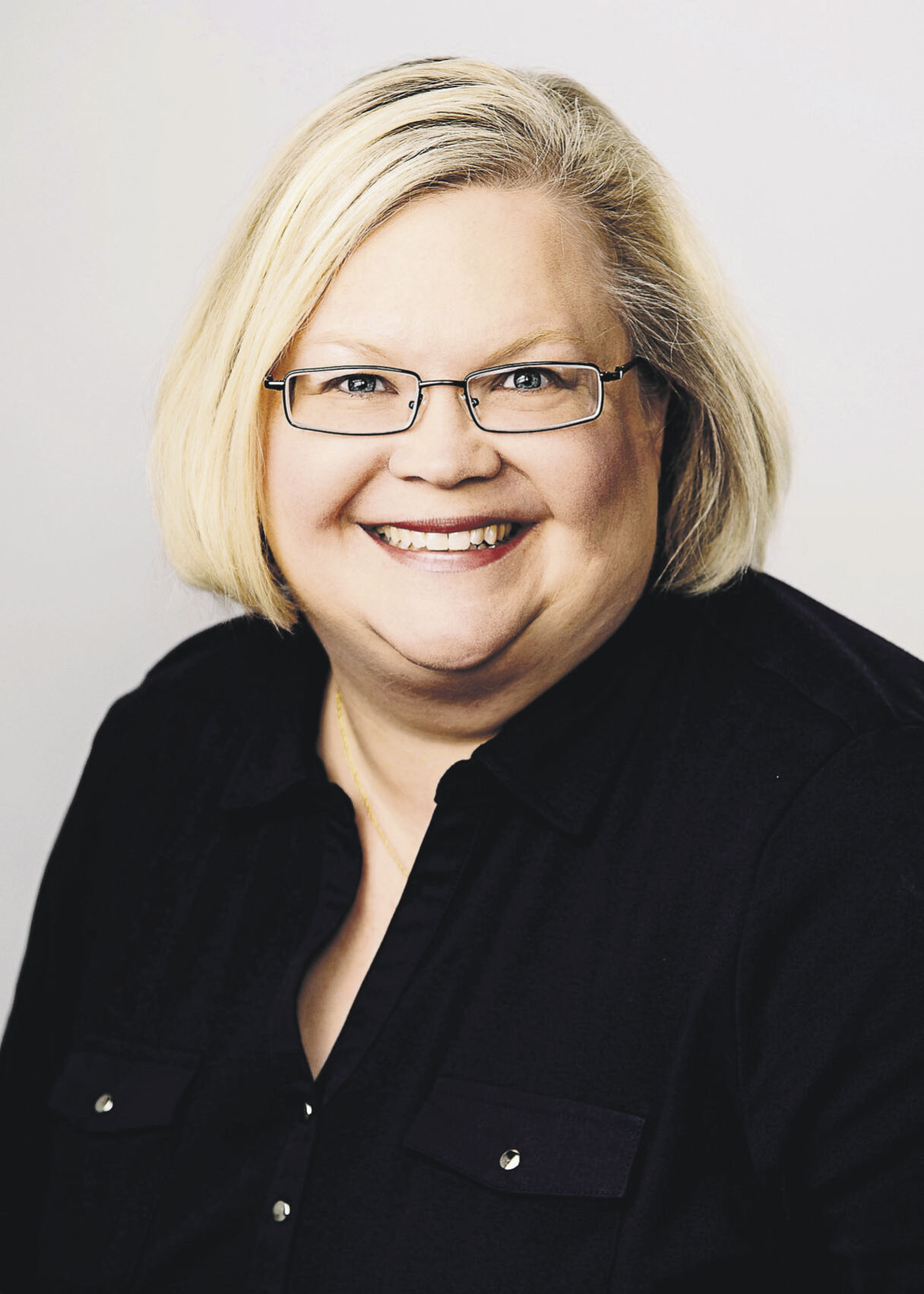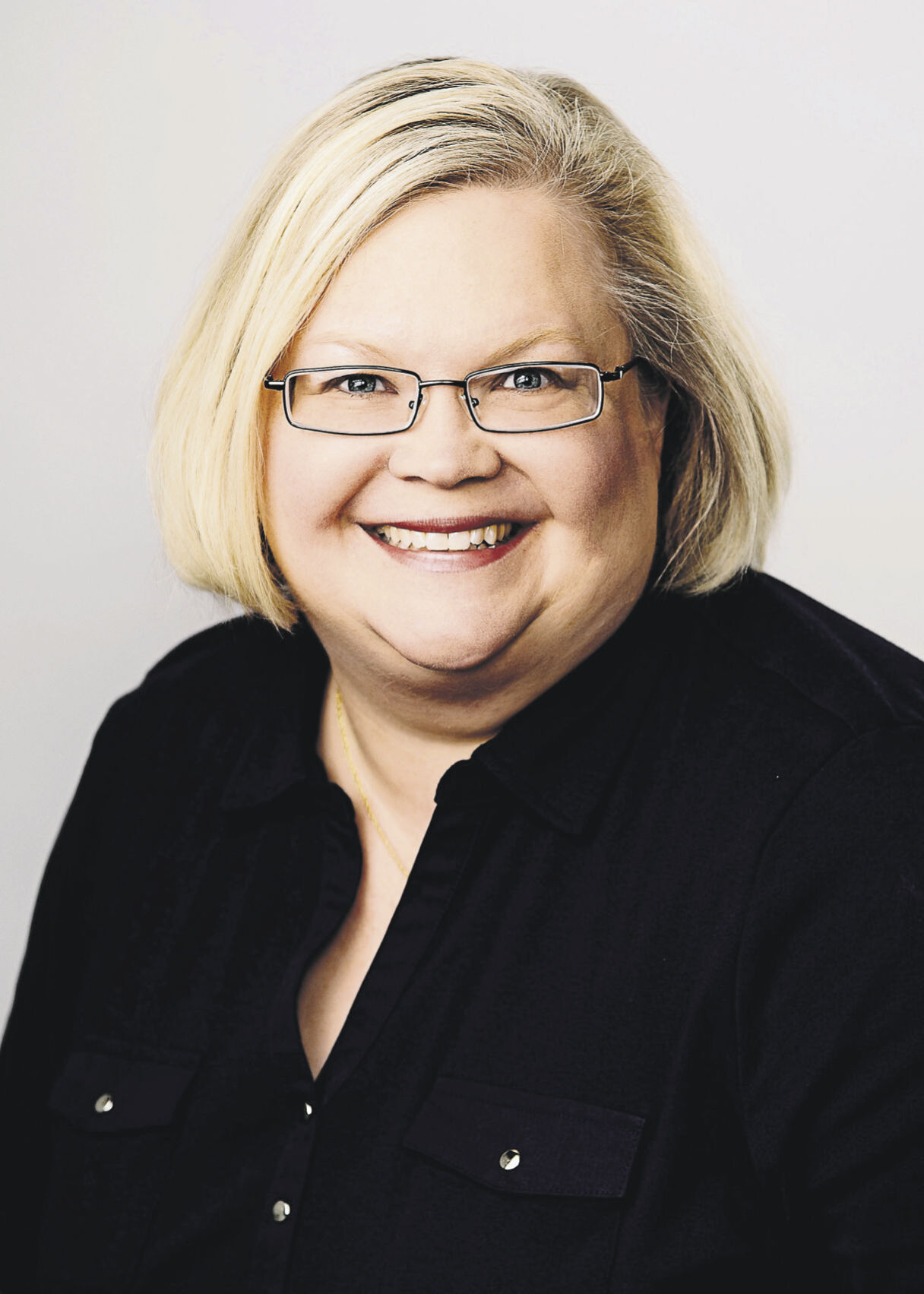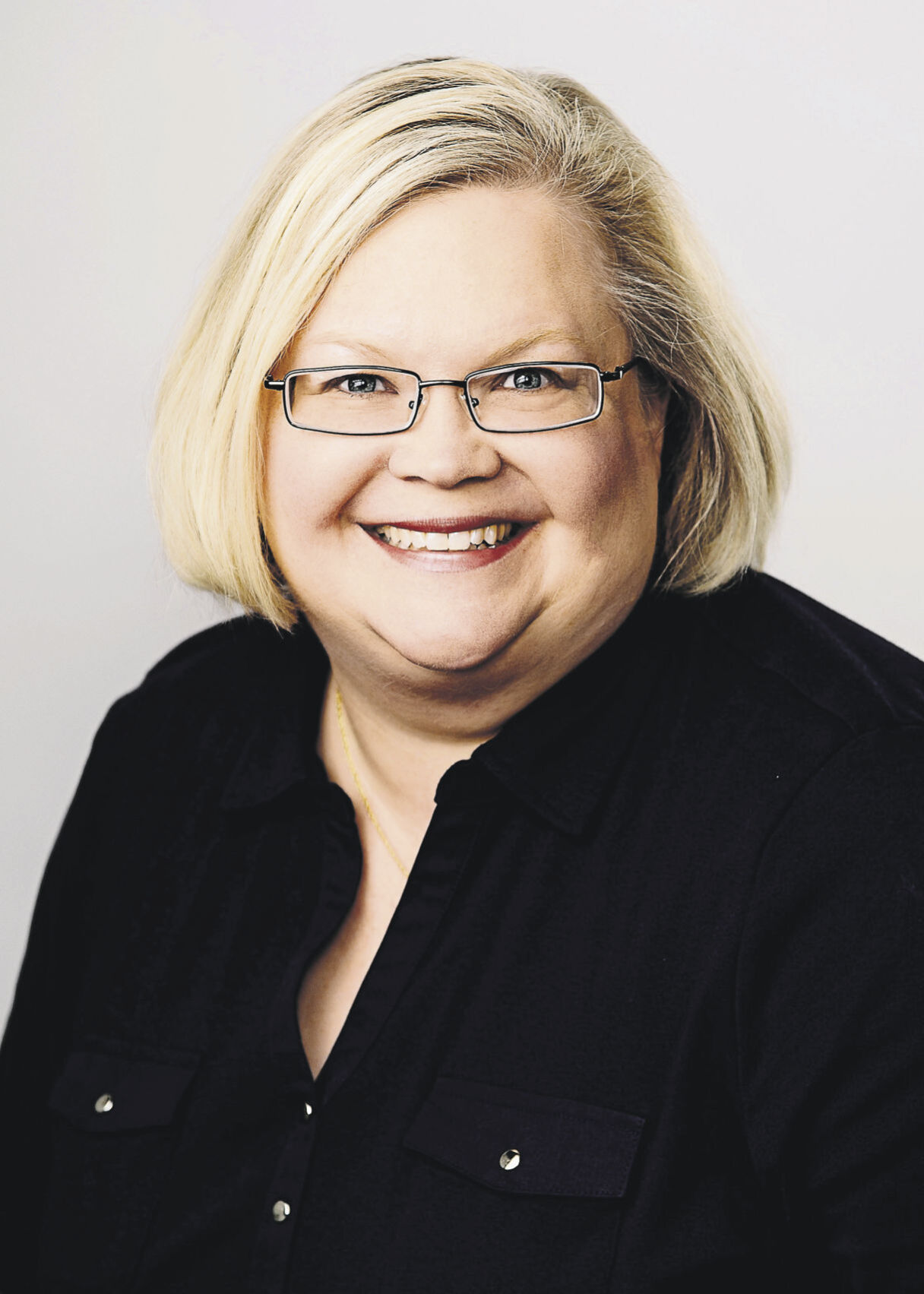If you are newly pregnant or contemplating starting a family, you probably have many questions, including how you will feed your baby.
It always is encouraged to ask questions and seek out the answers you need when it comes to your baby.
These are some of the most common questions new parents and parents-to-be ask about breastfeeding.
‘I’ve heard that breastfeeding hurts. Is that true?’
While there can be some discomfort adjusting to breastfeeding, pain or soreness shouldn’t last longer than the first 15 to 30 seconds of a feeding. If Mom’s nipples are cracked or bleeding and very painful throughout the feeding, reach out for help.
‘I struggled with breastfeeding my first child. Should I try again?’
Absolutely. Usually, a mom has a better supply with the second baby, and every baby feeds differently. Try to meet with a lactation consultant before birth to discuss your concerns, and come up with a plan.
‘I only have a short amount of time off work after the baby’s birth and won’t be able to pump at work. Is breastfeeding even worth it?’
Any amount of breastfeeding — whether a few weeks, months, a year or more — is beneficial to Mom and baby. Colostrum, the first milk that is produced after birth, colonizes baby’s gut with beneficial bacteria that helps baby have good gut health throughout his or her life.
‘How do I know if my baby is getting enough milk when they feed at the breast?’
This is one of the most common concerns parents have. There are several ways to tell:
• Baby should be feeding eight to 10 times per day and gaining about 1 ounce per day. (If you would like to check baby’s weight, your doctor’s office or lactation consultant can do weight checks).
• Baby seems satisfied after feeding at the breast (relaxed, sleepy, hands are open and not clenched).
• Baby has numerous wet diapers and bowel movements throughout the day (four wet diapers on day four, at least three to four bowel movements).
• Mom’s breasts feel full before feeding and softer after feeding.
‘I don’t have much milk stored, and I’m going back to work soon. Is that a problem?’
Try not to stress. It is perfectly OK to have just several days worth of milk frozen for your baby because you will be pumping more milk while you are at work. You can use the freshly pumped milk for the baby to eat the next day.
‘I’ve never been around anyone who breastfeeds and really don’t know anything about it. What should I do to be prepared?’
You aren’t alone. Many moms have felt like this. There are great books about breastfeeding, such as “The Womanly Art of Breastfeeding,” that will give you a good overview of the basics. Attending a breastfeeding support group also will allow you to see others breastfeeding and discover what challenges new moms might be facing and what can be done to help. Finally, taking a prenatal breastfeeding class in the last few months before your baby arrives will help you be prepared for the first feeding after birth and the weeks ahead.
Breastfeeding is natural but takes time, learning and patience for Mom and baby. Seeking answers to your questions and learning about breastfeeding while pregnant will help you to be the most prepared you can be to feed your baby successfully.
To learn more about breastfeeding, including prenatal classes, contact Becky Franzen at Statera Integrated Health and Wellness Solutions in Dubuque. She can be reached at 563-207-8932 or bfranzen@stateraintegrated.com.


